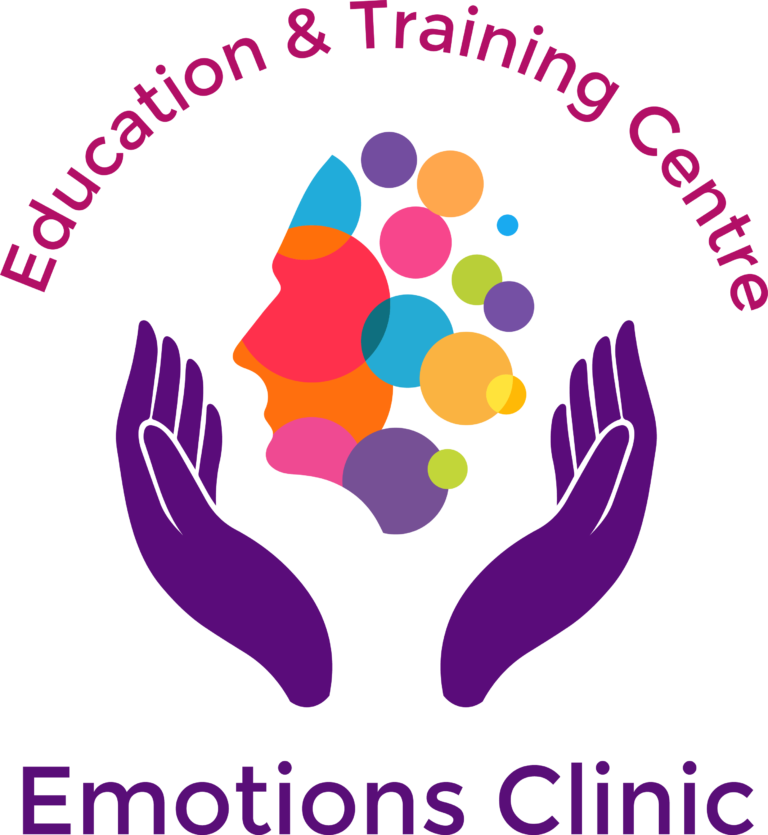Depression Treatment Guideline
Steps in Management of Depression
Introduction
Depression is one of the most common psychiatric illness in adults. In this document, we have mainly discussed unipolar depression or major depressive disorder. The management of bipolar disorder is discussed in a separate document.
Like in the management of any illness, the first and foremost step is taking a detailed history and doing a mental state examination to confirm the diagnosis and rule out secondary causes of the symptoms. Depression can be treated in outpatient or in inpatient settings based on the severity of symptoms and the risk of harm to self including that of suicide.
The mainstay of treatment for depression is antidepressants, although psychotherapy is an equally effective alternative in mild to moderate cases of depression.
The choice of antidepressants is based on patient’s preference, clinician’s judgement, a history of past response (in case of recurrent depressive disorder) and family history of response (in case a family member received treatment for mood disorder). Other alternatives, although not used as first line agents for treatment, include repetitive transcranial magnetic stimulation (rTMS), transcranial direct current stimulation (tDCS), vagal nerve stimulation (VNS), etc.
Modified electroconvulsive therapy (mECT) may be indicated in cases of treatment-resistant depression, intolerable side-effects, patient’s preference, catatonia, or imminent risk of harm to self.
Before initiating treatment, one should also investigate some of the common physical causes of depression such as thyroid disorder, vitamin deficiencies, etc.
Phases in management of depression
Acute phase
This phase is the first phase, usually lasting 6-8 weeks. The beginning of remission marks the end to this phase. This is characterised by control of acute symptoms of depression.
Continuation phase
This phase begins once remission of symptoms ensues, and the purpose of treatment during this phase is prevention of relapse. The natural course of an episode is around 6-9 months, so this phase would last till the expected natural remission. The usual time duration of this phase is 16-20 weeks.
Maintenance phase
This phase is continued to prevent occurrence of future episodes of depression, particularly in vulnerable individuals, i.e., those with past history of depression, family history of mood disorder, etc. The duration of this phase varies with the frequency and severity of past episodes. The duration for single episode of depression is approximately 6-9 months, and if there are ≥ 2 episodes, then the maintenance phase should last for at least 2 years. The upper limit is not clearly defined. One should note that these figures are not rigidly followed and may vary from patient to patient.
10 Points to remember about treatment for depression
- Selective serotonin reuptake inhibitors (SSRIs) are the first-line and most commonly prescribed antidepressants, particularly in cases of moderate to severe depression. In mild cases of depression, psychotherapy is often preferred over antidepressants.
- All SSRIs have been found to be equally effective and their choice is based on side-effects profile which is suited to the patients, concomitant medications, and history of past response to a particular agent. For example, Fluoxetine has an activating effect on the mind, and hence may be preferred in a patient with depression who has prominent symptoms of lethargy. This, however, does not mean that all patients experiencing lethargy should be given Fluoxetine, as there are multiple factors which determine the choice of agent.
- SSRIs take 7-10 days to start showing antidepressant effect, and hence immediate response should not be expected. The initial few days may only be marked by side-effects. It is very important to understand as the occurrence of initial side-effects and slow onset of antidepressant action may push the patient towards discontinuing medications. For the same reason, taking antidepressants on ‘save our soul’ or SOS basis may not prove productive.
- The initial side effects of SSRIs include gastrointestinal side-effects like gastritis, nausea, diarrhoea; increase in anxiety; headache; sexual side-effects like delayed ejaculation, etc. Most of the side-effects are initial and only transient, which must be conveyed to the client. In case of protracted side-effects, the alternatives are to optimise the dose to the lowest effective dose, switch to another agent, or add an ‘antidote’ (e.g., antacids for gastritis, or analgesics for headache, etc. Hyponatremia (low nitrogen levels in blood) is another side-effect which is to be looked at with caution in elderly patients.
- It has been shown that antidepressant treatment has higher relative risk of increasing suicidal thoughts and suicidal behaviour, particularly in adolescents and young adults. It should, however, be borne in mind that the risk is only relatively higher than placebo (in research studies), but the absolute risk remains low. Making the patient aware of this side effect can be helpful in recognising it early and managing it more effectively. The most effective way to prevent suicidal thoughts and behaviour is to treat depression, and the most effective way to treat depression is by antidepressants.
- SSRIs are potent inhibitors of liver enzyme (cytochrome P450), and hence may alter levels of different drugs being taken concomitantly.
- Older antidepressants like tricyclic antidepressants (TCAs) are as effective but poorly tolerated by many patients (due to low blood pressure, increased heart rate, constipation, ECG changes like QTc prolongation, and toxicity in overdose), hence less commonly used as first-line agents.
- All antidepressants can have discontinuation symptoms meaning one can feel an upset just because the drug was withdrawn and it does not mean the illness is coming back. They should, hence, be discontinued gradually and only following the clinician’s advice.
- All SSRIs are relatively safe in pregnancy, except Paroxetine, which is contraindicated.
- Of all the patients with first episode of depression who are treated with antidepressants, approximately one-third show poor to no response. In such case, varying from client to client, the plan may be to escalate the dose, switch to a different agent, or augment with an agent from a different class.
Recommended Reading
Depression in adults: recognition and management | Royal College of Psychiatrist. RCPYSCH ROYAL COLLEGE OF PSYCHIATRIST. Available from: https://www.nice.org.uk/guidance/ng222Ready to prioritize your mental health?

Nature Consultancy Limited is regulated by CQC to provide care at Emotions Clinic
Phone : +44(0)1782 768656
Email : ad***@****************co.uk
Quick Links
Information
Head Office Address
Lumbung Hidup St 425 East Java Madiun City Block ABC 123
Days Open
Monday - Friday 08 AM - 10 PM

